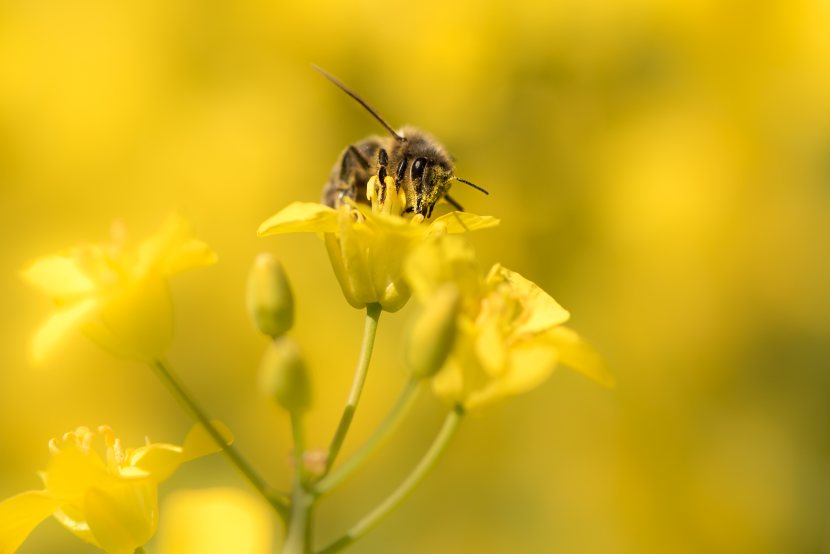
Farmers have been told to support pollinators and crop pest predators to help improve crop yields, delivering a 'win-win' for farming and wildlife.
Two recent Campaign for the Farmed Environment (CFE) events spurred experts to share research as well as guidance on managing margins for pollinators.
They shared their findings from a six-year, large-scale study on a commercial arable farm with field beans, oilseed rape and wheat.
Improved pollination combined with natural pest control led to increased crop yields, especially in field beans which saw a 35% increase.
With improved yields overall, farm output was largely unaffected by taking 3% to 8% of land at field edges out of production to create habitats for beneficials. This will encourage farmers looking to increase crop yields while minimising their environmental impact.
Hertfordshire host farmer Robert Law said: “It’s all about having the right habitat, in the right quantity, in the right place. You don’t need a lot to make a difference.”
Bees' Needs
Bees’ Needs Week (17-23 July) raises awareness of the ways people can help pollinators and celebrates successful pollinator projects across the country.
Some 1,500 species of insects pollinate UK crops, contributing an estimated £600m to the nation’s economy.
CFE Project Officer Anna Cuckow said many farmers are taking steps to provide food and a home for pollinators.
Ways to help pollinators include looking after existing flower-rich areas, pollen and nectar mixes or grass leys with legumes and wildflowers, cutting hedges once every three years to allow flowering and planting hedge gaps with flowering native shrubs.
Tussocky grass and grass buffers also provide essential overwintering habitats for some bee species, according to CFE.
CFE said: “These are measures every farmer can adopt voluntarily, outside or alongside a stewardship agreement, whilst farming productively.”
